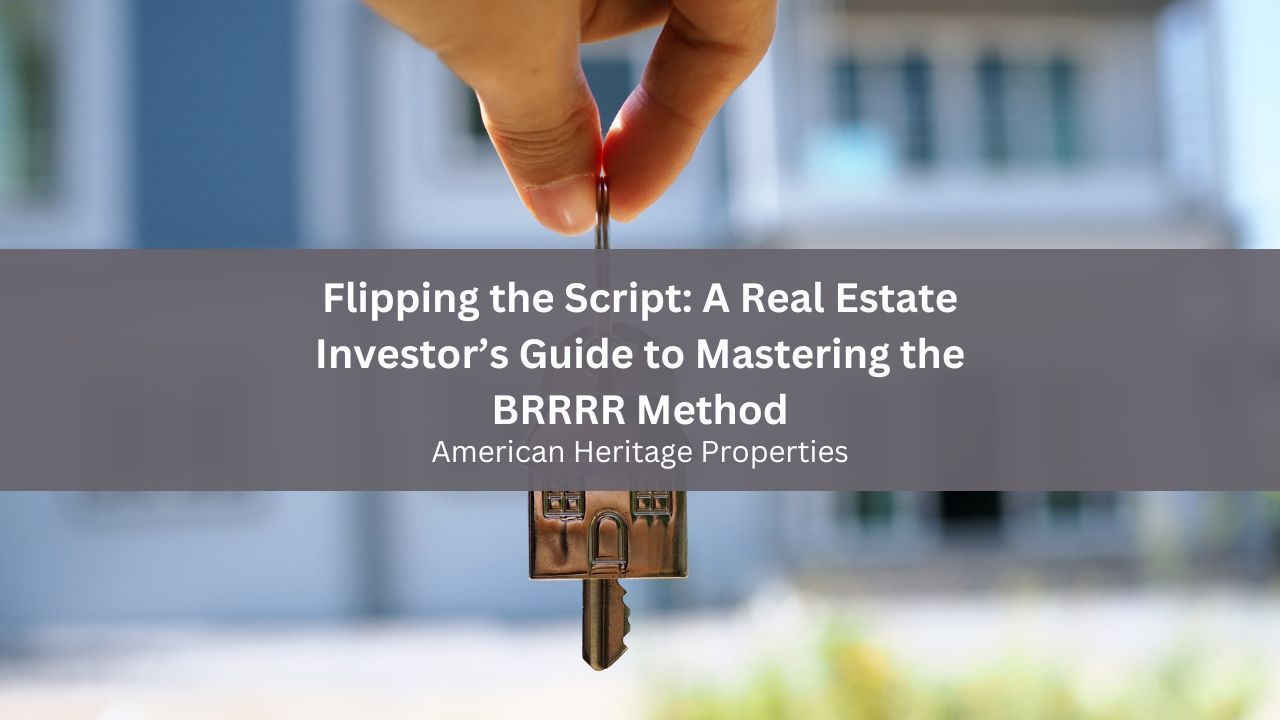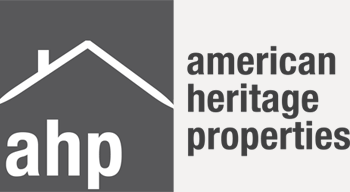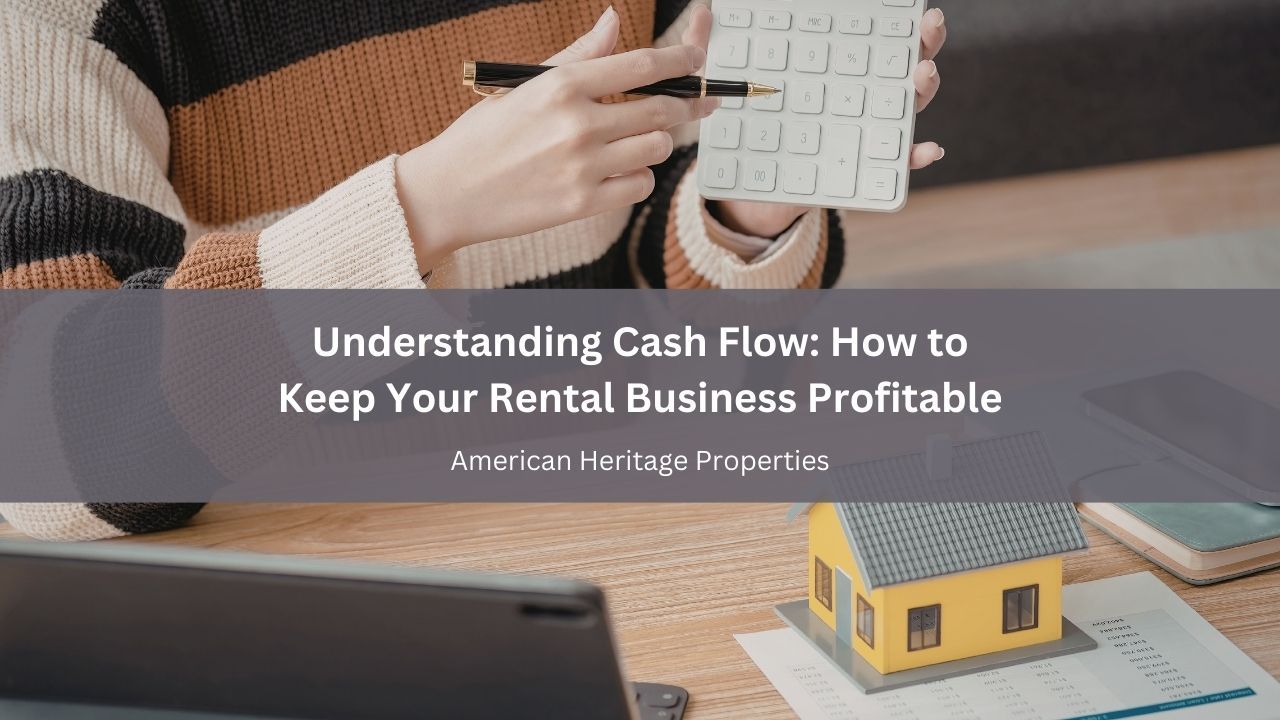Flipping the Script: A Real Estate Investor’s Guide to Mastering the BRRRR Method

You’re not just buying a house—you’re building a system. The BRRRR strategy is more than a catchy acronym; it’s a calculated framework for long-term wealth creation through real estate. But to make the model work, every step must be intentional. From scouting a distressed property with upside potential to getting the refinance terms that keep your momentum going, each move should serve the larger strategy: creating a snowball of cash flow and equity you can roll into the next investment.
Buying Smart and Navigating the Financing Maze
When you’re buying your BRRRR property, cash is king—but leverage is the game. If you're not buying with straight cash, consider hard money loans for the initial purchase and rehab. These are fast and flexible, even if the rates are higher. Traditional lenders won’t touch most distressed homes, so you’ll need financing that’s built for speed and risk. But the real play is having a solid exit plan from day one—know how you’ll refinance before you even close.
Spotting Properties with Built-In Potential
Finding the right property to kickstart your BRRRR cycle isn’t about chasing cheap deals—it’s about targeting opportunities that other investors overlook. You’re looking for distressed homes in appreciating neighborhoods, not just anything with a low sticker price. Pay attention to the numbers: after repair value (ARV) should leave enough room for rehab costs and still produce cash flow after refinancing. Drive the area, talk to neighbors, check school zones, and analyze rent comps before pulling the trigger—because the money is made at the buy.
Crafting Clean, Clear Leases That Protect Your Property
When renting out homes, a well-written lease agreement sets the tone for a smooth landlord-tenant relationship by outlining clear expectations, responsibilities, and protections for both sides. It’s smart to tailor each lease by deleting sections that don’t apply to the specific tenant situation, keeping the document simple, relevant, and compliant with local regulations. Once finalized, save your leases as PDFs—not only for easy sharing, but also for secure digital storage and quick reference during disputes or renewals. If your standard lease includes unnecessary clauses or attachments, you can easily delete pages from a PDF to streamline the final version.
Rehab with Returns in Mind
You don’t need marble countertops, but you do need durability and mass appeal. Stick to upgrades that improve function, safety, and rentability—new HVAC systems, updated kitchens, clean bathrooms, fresh paint, and LVP flooring are your go-to staples. You want the rehab to raise both the appraised value and the rental income, but without over-improving for the neighborhood. Think like a tenant but act like a landlord: practical, clean, and efficient wins every time.
Tenant Screening Is Not a Guessing Game
The wrong tenant can ruin your entire BRRRR timeline. You’re not just filling a vacancy—you’re protecting an asset. Run background checks, verify income, and call previous landlords every single time. Create a system that’s consistent, fair, and compliant with local laws so you’re not making decisions on instinct. Good tenants don’t just pay on time—they protect your property and reduce turnover, both of which matter when it’s time to refinance.
When It’s Time to Refinance, Timing Is Everything
Once the rehab is done and you’ve stabilized your tenant, it’s time to pull the equity out through a refinance. This step resets your capital so you can do it all again, but the key is hitting the loan-to-value (LTV) sweet spot. Lenders typically look for 75% LTV, so your post-rehab appraisal needs to justify the refinance amount. Have clean documentation ready—leases, repair receipts, rent rolls—and don’t wait too long, or seasoning requirements could delay your next move.
Stacking Your Wins for the Next BRRRR
The beauty of BRRRR is in its repeatability. Once the refinance goes through and your capital is liquid again, don’t sit on it—get hunting for your next deal. Use the lessons from your first property to refine your criteria and streamline the process. Build relationships with wholesalers, stay active in investor groups, and keep your contractor on standby. Every successful BRRRR adds more cash flow and equity, but also more experience—which becomes your unfair advantage.
You can’t wing it with the BRRRR model. Every phase—buying, rehabbing, renting, refinancing, and repeating—requires focus, planning, and discipline. But if you stay committed to the process and treat each property like a building block, you’ll create a portfolio that pays for itself and compounds over time. This isn’t get-rich-quick—it’s build-wealth-smart. And once you get it right once, you’ll wonder why you ever considered doing real estate any other way.
Discover unparalleled property management services with American Heritage Properties, where our dedicated team ensures your investment thrives.









